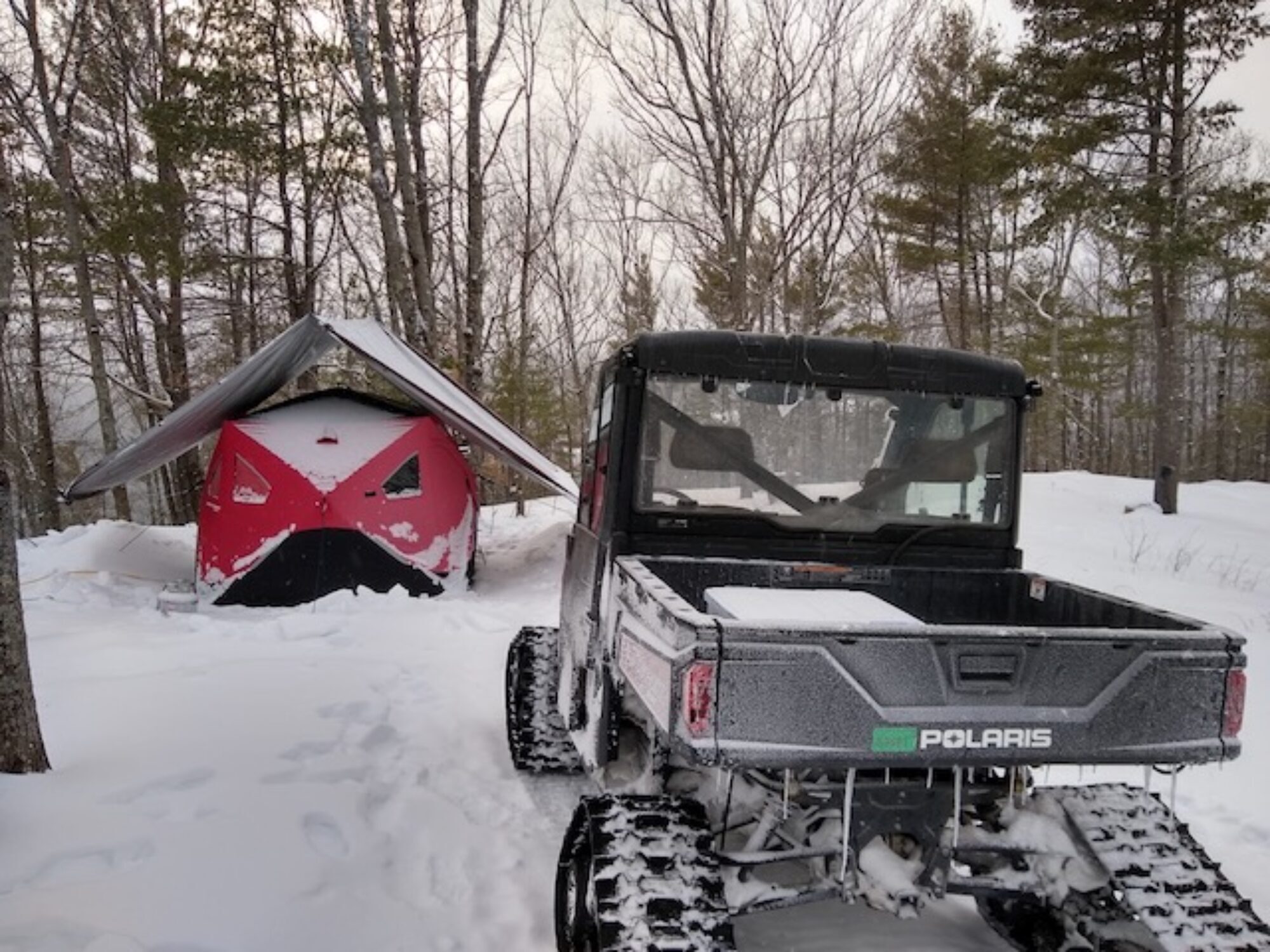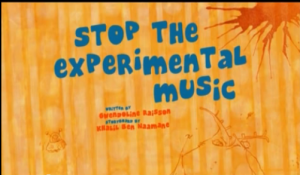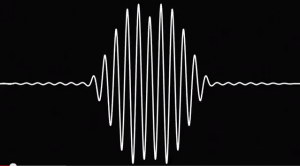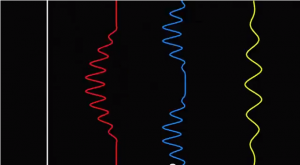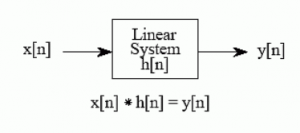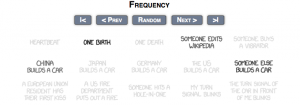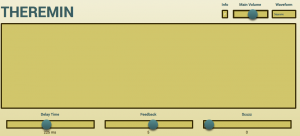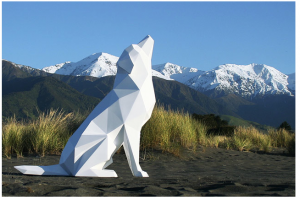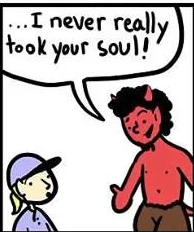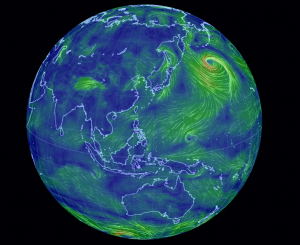Stop the experimental music
(click the picture)
DSP – according to the Arctic Monkeys…
The time domain:
The frequency domain:
Samples, impulses, and convolution
(in the time domain)
- Decomposition
- Unit impulse (delta function)
- convolution (from the input side and output side)
- filters
Clocks
Time, under a microscope.
- XKCD “frequency” https://reactivemusic.net/?p=10101
- Tom Van Baak “Adventures of A Time Nut” http://youtu.be/MT2reYXPvGg
- Grace Murray Hopper https://reactivemusic.net/?p=10140
- Cesium FAQ https://reactivemusic.net/?p=10134
Granular synthesis
Audio under a microscope.
Andy Farnell, “Designing Sound” http://aspress.co.uk/sd/index.php
Chapter 16.7 Methods “Granular” p. 257
Chapter 13 “Shaping Sound” p. 205
Destroying information
Abstract is what remains after shedding details.
Example Max patches:
- timestrech3.maxpat
- nothingness.maxpat
Assignment:
See notes from last week. https://reactivemusic.net/?p=10059
Work through the convolution examples on your own. Its important to have a physical concept of signals, in various transformations. Become a wave. Have an out of body experience. Take a good look at yourself.
